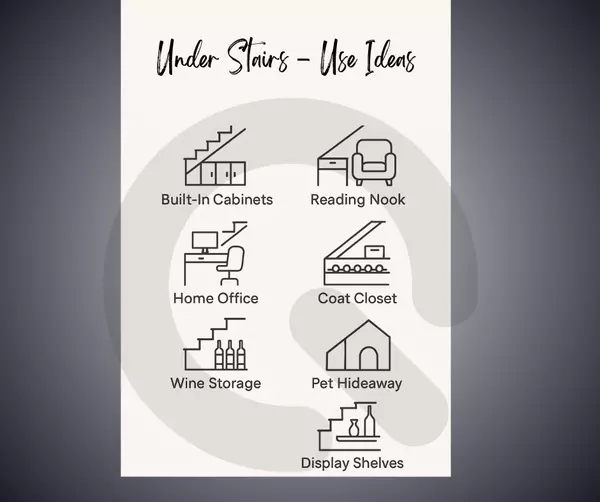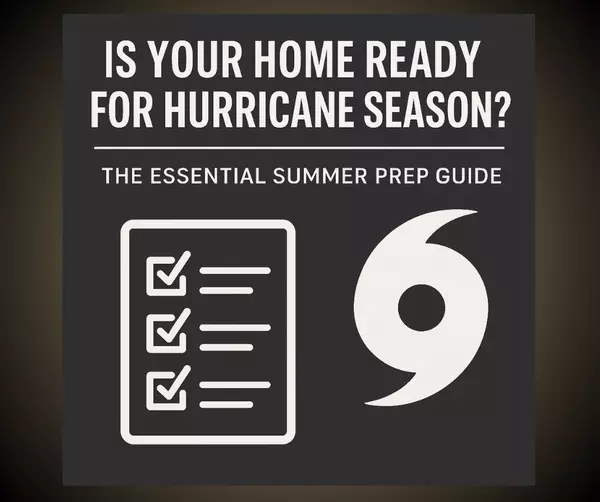Selling Your Home vs. Renting it Out: Which Option is Best for You?

Selling Your Home vs. Renting it Out: Which Option is Best for You?
When you're ready to move but not quite sure what to do with your current home, you're faced with a big decision: should you sell your property or rent it out? Both options have their advantages and challenges, and the right choice depends on your financial situation, future plans, and the local market. Let's take a look at some of the pros and cons of each path to help you make an informed decision.
The Pros and Cons of Selling Your Home
Pros:
Immediate Financial Gain
Selling your home provides you with a lump sum of cash that can be used for your next home purchase, paying off debts, or investing elsewhere.
Freedom from Maintenance
Once you sell, you're no longer responsible for property upkeep, repairs, or dealing with tenants.
Capitalizing on Market Trends
If home prices are high, selling allows you to take advantage of a seller's market and maximize your profit.
Simplicity
Selling is often a straightforward process, especially if your home is in good condition and priced appropriately.
Cons
No Long-Term Investment
Selling means you lose the opportunity to benefit from potential property appreciation over time.
Tax Implications
Depending on your situation, you may face capital gains taxes on the sale.
Emotional Attachment
Letting go of a home with sentimental value can be difficult.
The Pros and Cons of Renting Out Your Home
Pros:
Passive Income
Renting out your property can provide a steady stream of income, helping to cover mortgage payments or supplement your finances.
Property Appreciation
By holding onto your home, you can benefit from potential increases in property value over time.
Flexibility
If you're unsure about selling or plan to return to the area, renting allows you to keep the property for future use.
Tax Benefits
Rental property owners can deduct expenses such as property taxes, maintenance costs, and mortgage interest.
Cons:
Landlord Responsibilities
Being a landlord requires time, effort, and the ability to handle tenant issues, maintenance, and repairs.
Vacancy Risks
There's always a chance your property could sit vacant, causing a temporary loss of income.
Market Fluctuations
Rental demand and property values can vary, impacting your income and long-term financial gains.
Additional Costs
Managing a rental property may require paying for property management services, insurance, unexpected repairs, and possible legal expenses.
Some Factors to Consider When Deciding
Your Financial Situation: Do you need the proceeds from the sale to fund your next home purchase or other expenses? Or can you comfortably manage the costs of maintaining a rental property?
Local Market Conditions: Is it a seller's market with high home prices, or is rental demand strong in your area?
Your Long-Term Plans: Are you planning to settle elsewhere permanently, or do you envision returning to this property in the future?
Your Comfort Level: Do you feel confident managing tenants and the responsibilities of being a landlord, or would you prefer the simplicity of selling?
Tax Implications: Consult with a tax professional to understand how selling or renting will impact your taxes.
FAQs About Selling vs. Renting Your Home
Question: Is renting out my home always a better financial decision than selling?
Answer: Not necessarily. While renting can generate income, it also comes with risks and responsibilities. The better option depends on your financial goals, market conditions, and long-term plans.
Question: What if I don't want to manage tenants?
Answer: You can hire a property management company to handle tenant screening, rent collection, and maintenance, though this will reduce your profit.
Question: Can I sell my home after renting it out?
Answer: Yes, but be aware that converting your home to a rental may affect your capital gains tax exemption when you eventually sell.
Question: How do I determine the rental value of my home?
Answer: Research local rental listings for similar properties or consult with a real estate professional to get an accurate estimate.
Question: What are the tax implications of renting out my home?
Answer: Rental income is taxable, but you can also deduct many expenses associated with the property. Consult a tax advisor for specific details.
Deciding between selling and renting out your home is a big decision, but you don't have to make it alone. As your trusted real estate professional, I can help you evaluate your options and understand the market so you can determine the best path forward.
Categories
Recent Posts











